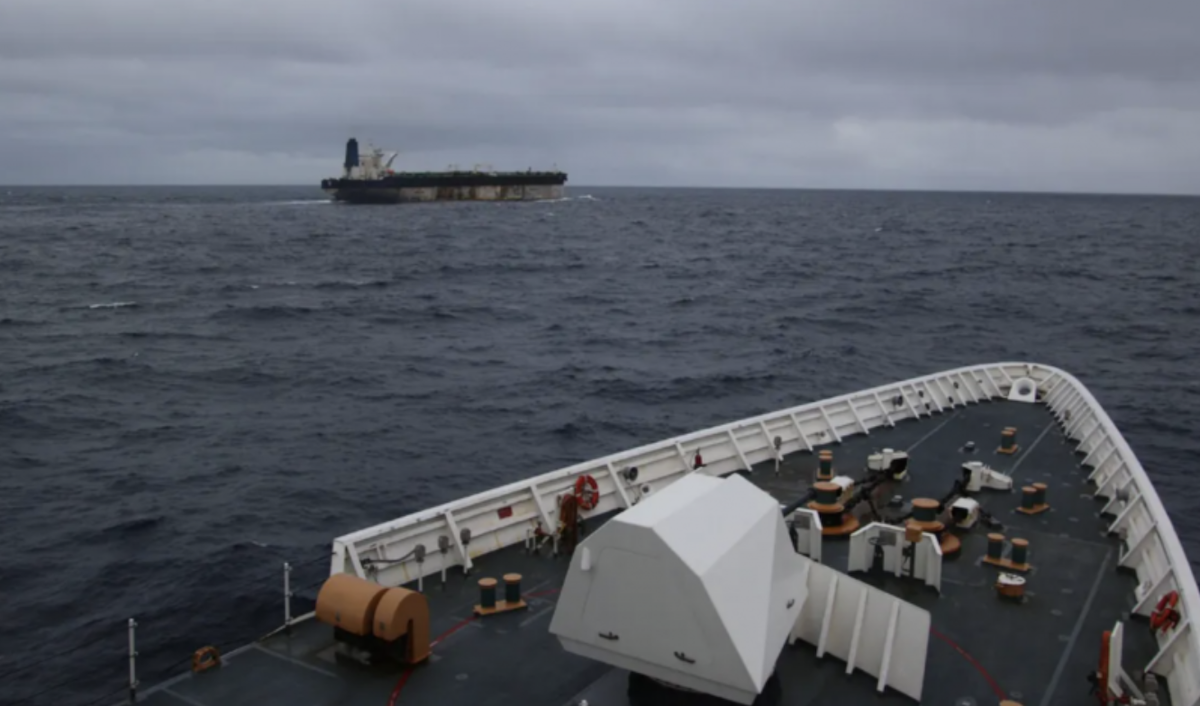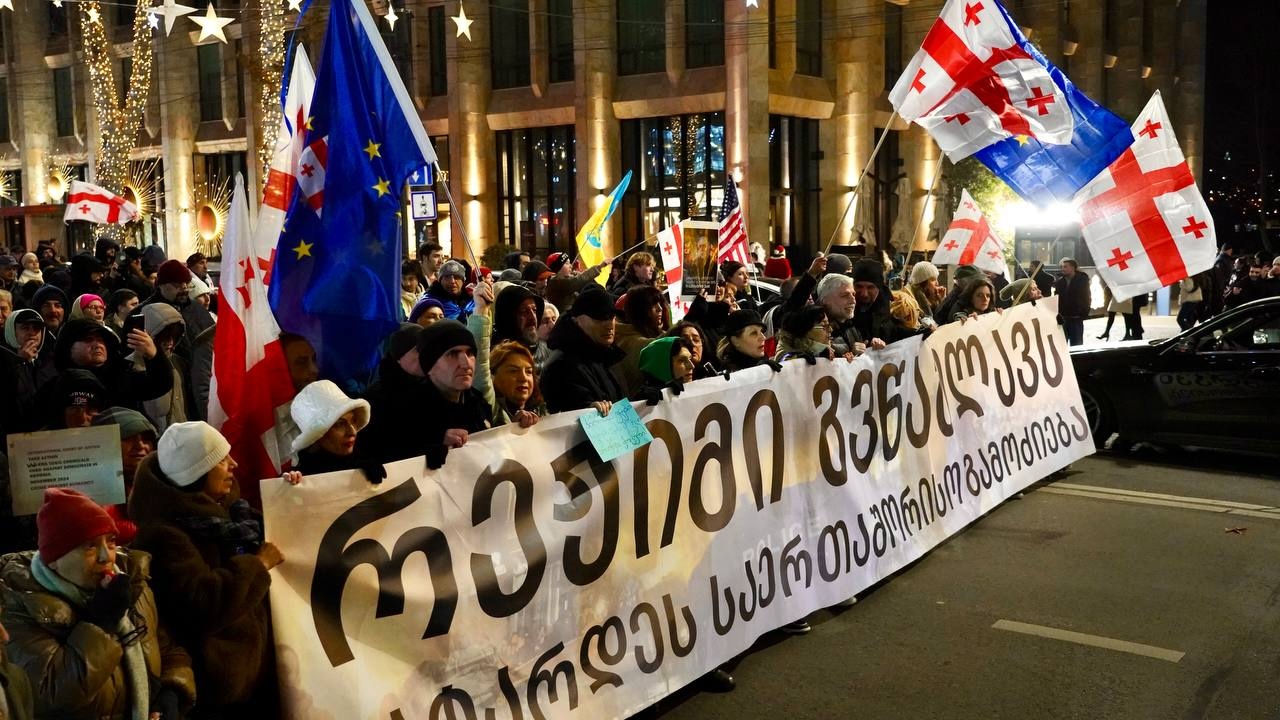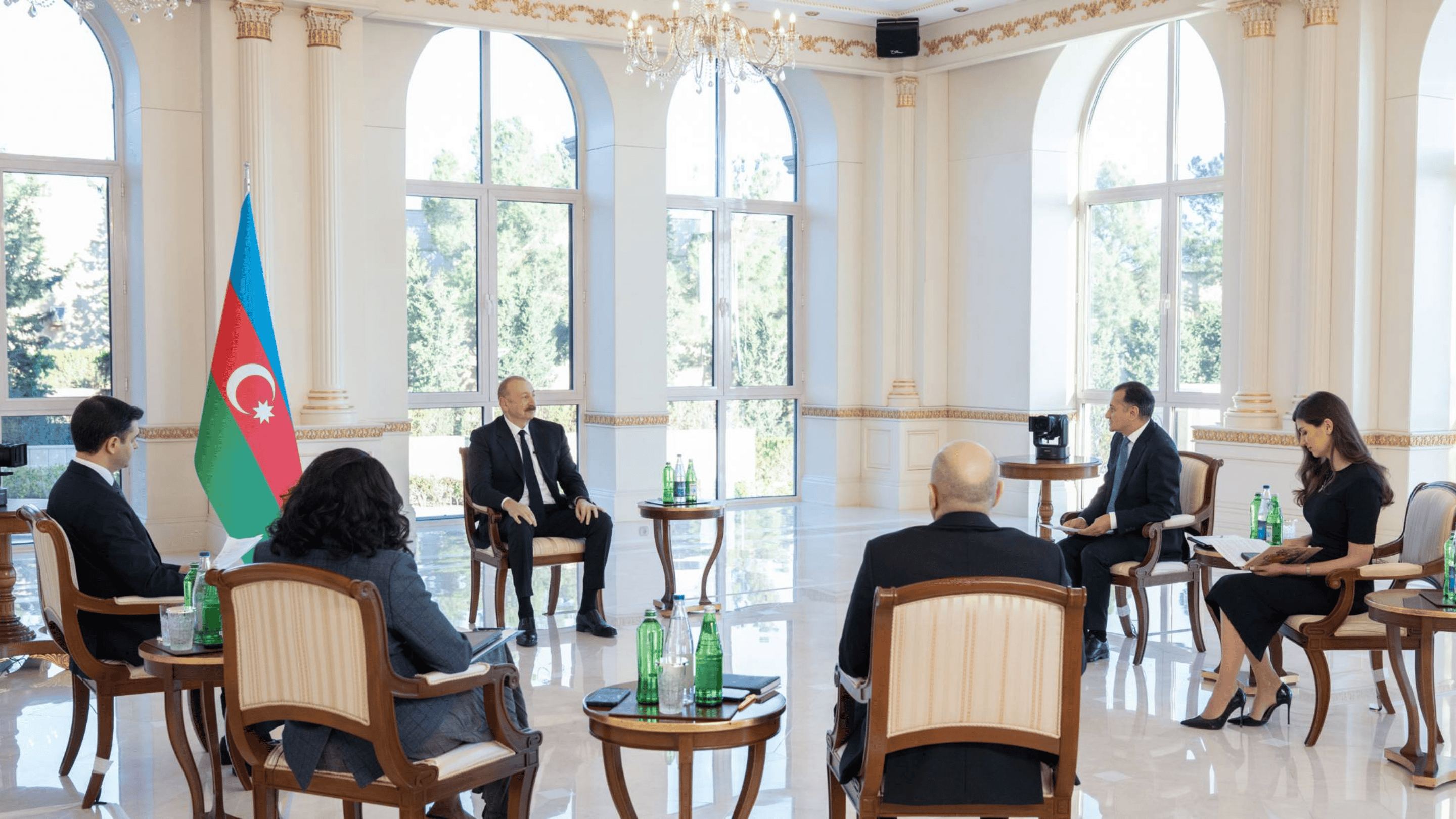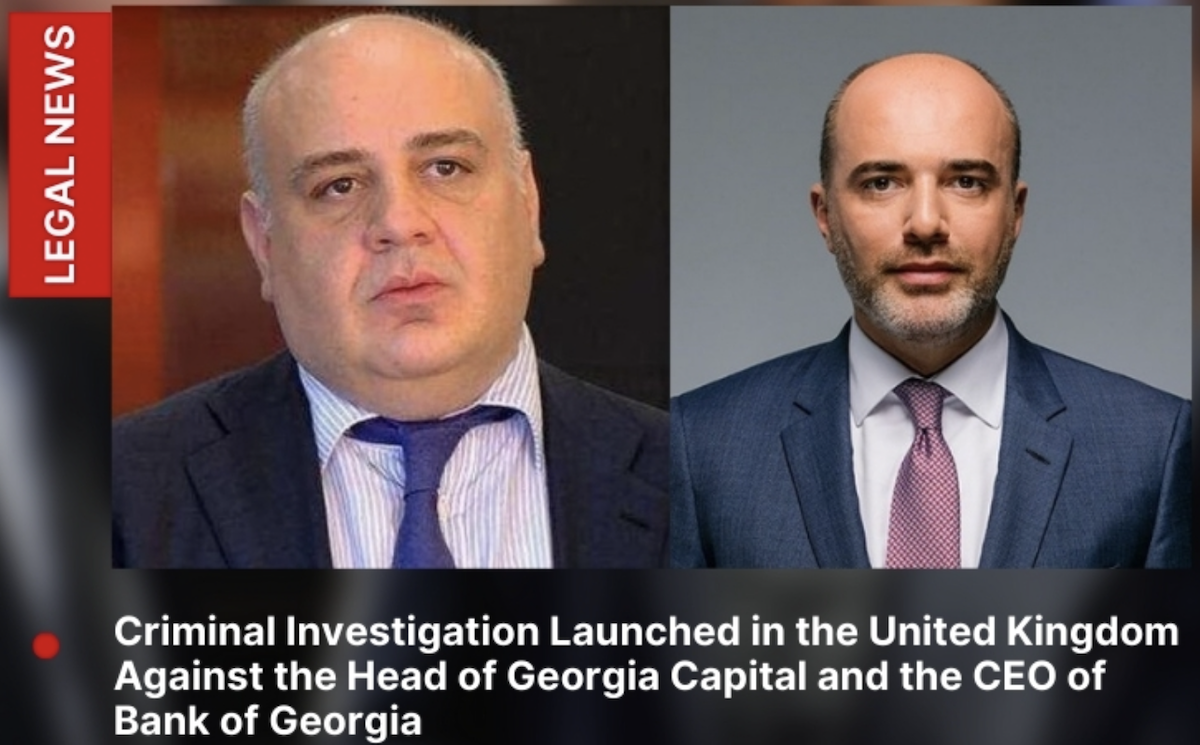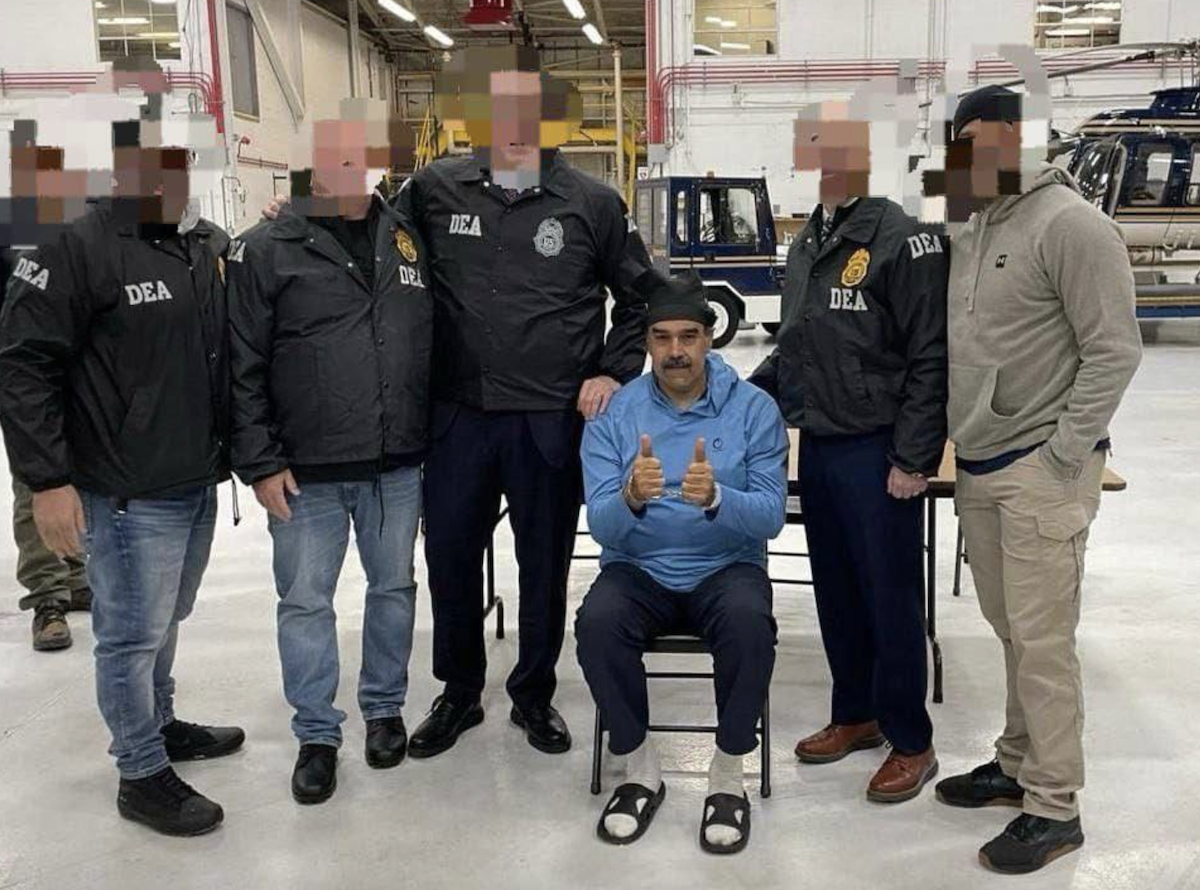Pashinyan dodges tough queries: interview with The Telegraph
Pashinyan’s interview with The Telegraph
In the interview with the prime minister of Armenia, Roland Oliphant, a correspondent for The Telegraph, asked a question, “You say that you do not turn your back on Russia. But that is not realistic in today’s world. The countries that you listed, the close ties with France, the USA, the EU, they are in a massive geopolitical confrontation with Russia. You really have to make a choice, don’t you?”
Nikol Pashinyan responded by stating that security cooperation between Western partners is not aimed against Russia. He emphasized that Armenia does not reject cooperation with the Russian Federation, especially in the security sphere, but intends to diversify its security relations. Pashinyan clarified that Armenia has no plans to join NATO but is committed to deepening cooperation with the bloc. He also reiterated his statement that “Armenia is prepared to align with the EU to the extent that the European Union deems feasible.”
In essence, the Armenian prime minister addressed all of the British journalist’s questions indirectly, prompting conclusions to be drawn from his responses. Oliphant found himself repeating questions about Armenia’s relations with Russia, whether Putin would face arrest in Armenia, and Pashinyan’s concerns about a potential war with Azerbaijan.
Below is a brief overview of Pashinyan’s key questions and responses.
- Why are EU and US unable to reconcile Yerevan and Baku? Opinion
- Opinion: “The only viable option for Armenia is to coexist with Turkey and Azerbaijan”
- “Armenia’s defense cannot be linked 97% to Russia, as before” – Pashinyan
Why is the peace process with Azerbaijan experiencing delays?
Nikol Pashinyan: “The principles of peace between Armenia and Azerbaijan have been agreed upon in three international formats. The first took place in 2022. On October 6, during the quadrilateral meeting held in Prague, which was attended by the President of France Emmanuel Macron, the President of the European Council Charles Michel, the President of Azerbaijan Ilham Aliyev and me, and we, after long discussions, adopted a joint statement in which the following principle is recorded: Armenia and Azerbaijan recognize each other’s territorial integrity based on the 1991 Declaration of Alma-Ata.
What does this mean? The Declaration of Alma-Ata is about the following and it was signed by 12 republics that were part of the Soviet Union. By signing that declaration, they recorded several things. First, the Soviet Union ceases to exist and these republics, becoming sovereign states, recognize each other’s territorial integrity, inviolability of borders and sovereignty.
And thus, with the Alma-Ata declaration, the existing administrative borders between the republics of the Soviet Union become state borders.
The second important point is that the Alma-Ata declaration should become the basis for the demarcation and delimitation of the borders between the two countries. This is also a very important principle, which in this context means that in the process of demarcation between Armenia and Azerbaijan, no border has to be created, but the borders confirmed and reaffirmed by the Alma-Ata declaration should be expressed on the ground, on maps. This is the first fundamental agreement.
After that, on October 31, the trilateral statement of the president of Russia, the president of Azerbaijan and myself was signed, in which Armenia and Azerbaijan acknowledged in a written statement that they recognize each other’s territorial integrity and sovereignty and declare that they refuse to use force and the threat of force, and all issues will be resolved through negotiation.
This agreement also became the basis for the formation and formulation of the third fundamental principle, which means that the opening and unblocking of regional communications, and the opening of roads for each other will take place within the framework of respect for the sovereignty and jurisdiction of countries, and this principle, together with the previous two principles, was recorded based on the results of the trilateral meetings held in Brussels on May 14 and July 15. Moreover, everything I’m talking about are public documents.
Essentially, the architecture and principles of the peace treaty between Armenia and Azerbaijan have been agreed upon.
At the end of last year it seemed to us that we were very close to finally agreeing on the text of the final treaty, but from the beginning, Azerbaijan three times refused to participate in negotiations in different formats, after which presidential elections in Azerbaijan were scheduled.
In fact, we are still on this point, and I assume that after the presidential elections, we will be able to achieve implementation of these points, if there is political will. I can record that the Armenian government, as before, has the political will to precisely go for peace in our region and to sign a peace treaty with Azerbaijan based on the above-mentioned agreements.
The fact that we have lost so much time is not a very positive sign, because you see, on June 1, a five-party meeting was held in Chișinău with the participation of the president of France, the chancellor of Germany, the president of the European Council, the president of Azerbaijan and me, and where an agreement was formulated and it was published in a written form that the next meeting in that same format would take place in Granada in autumn 2023. But Azerbaijan, in fact, refused to participate in that meeting, where in that context it was formulated that the next meeting would take place at the end of October, in Brussels, in a trilateral format. Azerbaijan again refused to participate in that meeting.
And if we add to this the events that took place in Nagorno Karabakh, first military strikes were carried out against Nagorno Karabakh and, in fact, Nagorno Karabakh was completely depopulated as a result of ethnic cleansing.
When we put these events side by side, in Armenia, for example, there are analysts who believe that all this means that Azerbaijan is retreating step by step and abandoning the agreements reached on international platforms and between us.”
Is there a possibility of a war breaking out between Armenia and Azerbaijan?
Nikol Pashinyan: “The Republic of Armenia is a democratic, developing state and, as I have already said, the Republic of Armenia is implementing large-scale reforms to improve the resilience of the country, and by the way, in recent years, I think the international community and our community have seen and saw that the resilience of our country has improved significantly.
As for regional destabilization and steps towards it, of course, anyone with common sense would be concerned.
It is very important that we note the interstate nature of our relations. Although we do not have diplomatic relations, I have to refer to the documents we signed, to rely on those documents. I already said that we have signed a document with Azerbaijan on non-use of force and threat of force.
If we look at it with this logic and if Azerbaijan were to not respect the documents signed by itself, then Azerbaijan might attack any country, why only Armenia?
Look around Azerbaijan, if they were to not respect their international commitments, then they could attack any of their neighboring countries, if that were the case.”
Will Vladimir Putin be arrested if he comes to Yerevan?
A British journalist raised this question following Armenia’s ratification of the Rome Statute and its full membership in the International Criminal Court. The ICC had issued an arrest warrant for Vladimir Putin on suspicion of war crimes in Ukraine. According to the treaty, all member countries are obligated to surrender him to the court if he is found on their territory.
Nikol Pashinyan: “The Republic of Armenia started the process of joining the Rome Statute in December 2022, and that decision was conditioned by the assessment of changes in our security environment. We ratified the Rome Statute, among other things, analyzing the consequences of the September 2022 war and noting that there are some cracks in our security system. In that sense, we also ratified the Rome Statute as an additional factor to increase Armenia’s security level.
As for the legal nuances, I can’t carry out a legal analysis right now because that’s the job of lawyers. I think, as I said, Armenia as a responsible state should adhere to all its international committments, including the commitments it has in relations with the Russian Federation, the commitments it has in relations with the international community.
By the way, there are various opinions and legal analyzes on that topic, and in particular, the lawyers who say that the current heads of state have immunity, insurmountable immunity, due to their status are not just a few.
I mean, it’s a legal issue, not a political issue that I have to discuss and respond to.
Since 2018 [referring to post-Velvet Revolution], many large-scale democratic reforms have started in Armenia, and I do not make decisions about who should be arrested and who should not be arrested. There is an established legal order in Armenia, there are legal institutions, and in all cases the legal institutions of Armenia are the ones who make such decisions.
When asked by Roland Oliphant if he would advise Putin not to come, given the risk of arrest, Pashinyan replied, “I don’t think that Vladimir Vladimirovich needs my advice.”
How might global crises affect the situation in the region and security in Armenia?
Nikol Pashinyan: “I don’t know a single state in the world today, at least the states whose leaders I interact with, that does not have deep security concerns.
Why am I saying this? First, two things. I do not want this conversation to give the impression that the security challenges in Armenia are considerbaly more critical than in many other countries of the world. But on the other hand, I do not want to create the impression that the Armenian government does not realize how critical Armenia’s security challenges are.
For the last two years the international community is discussing whether or not there will be a nuclear war. And because I am in a position where I have interactions with several potential sides of that nuclear war, I know how serious a topic it is.
In this sense, at least, Armenia is significantly safer because I don’t think anyone is going to launch a nuclear strike on Armenia.
It is very important to understand that in many other countries it is not safer than in the Republic of Armenia. And from another perspective, by the way, the Republic of Armenia ranks 7th in the world in terms of its domestic safety level on Numbeo’s latest ranking. I mean, now you are sitting in the 7th safest country in the world, which I think is not bad.
I know how difficult it is, I know what hardships need to be overcome, and I will do my best for peace to be established in our region.
I will do the share of work that concerns us, and I I hope that other countries in our region will do the same.
For some of our partners there is confidence that they will do so, for others there is not so much confidence, but that is one of the key goals and meanings of our foreign relations.”
Follow us – Twitter | Facebook | Instagram
Pashinyan’s interview with The Telegraph












